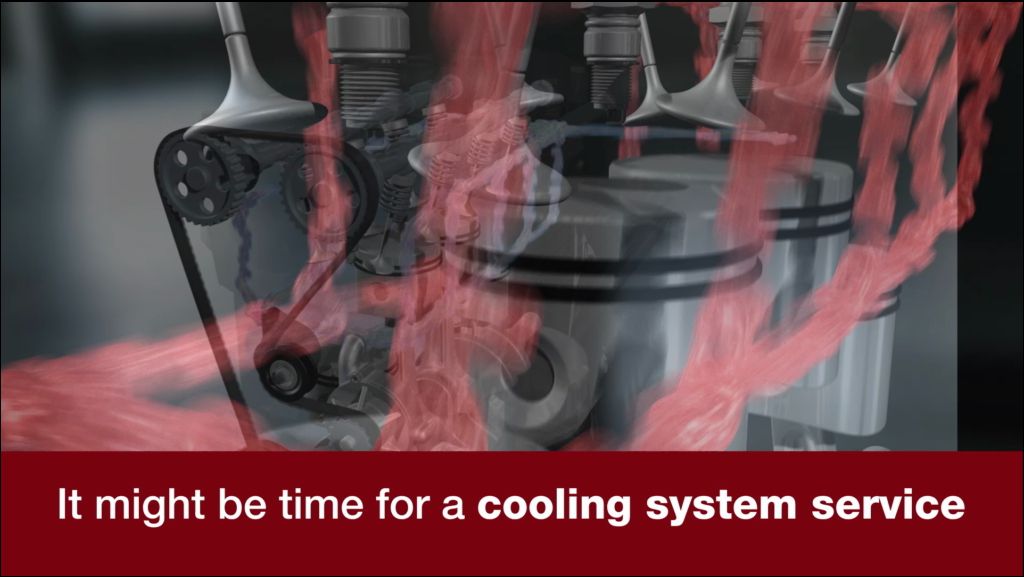You may have heard about an important part of your vehicle’s engine called a timing belt, and many know that if that belt breaks, it can cause some very serious engine problems.
Not all vehicles have them, and the ones that do generally have smaller engines. The timing belt keeps the engine synchronized so that every time a spark plug fires, the crankshaft, camshaft, pistons, and valves are all working together. Timing belts will eventually have to be replaced, and most vehicle manufacturers recommend when that should be. Typically, it’s around every 60,000-100,000 miles, or 100,000-160,000 km. It’s a good idea to stick to your vehicle’s schedule or be alert for signs that the timing belt may be failing prematurely.
Some of those symptoms? Maybe your engine won’t even turn over when you try firing it up. You might hear a ticking or banging sound under the hood. Perhaps you spot an oil leak or notice the engine misfiring. If any of those are happening to your vehicle, we strongly advise you to bring it in to us so we can have a technician see what’s causing the issue.
Again, if your timing belt breaks, it can cause serious, expensive engine damage to valves and pistons. It is far better to have the timing belt replaced before it breaks.
Replacing it is fairly involved, and other associated parts, such as the water pump, thermostat, tensioner, and idler pulleys may be replaced at the same time. That way, your timing belt is more likely to last another 60,000-100,000 miles/100,000-160,000 km without any problems.
Timing belts are being used in fewer vehicles, with more and more using timing chains since they last longer. If you’re wondering if your vehicle has one, contact our service adviser who can check. Maybe it’s time to schedule a timing belt replacement to keep your vehicle’s engine parts working in harmony as they should.
Tylers Auto TV
12485 SW MAIN ST
TIGARD, OR 97223
(503) 639-5588
http://www.tylersautomotive.com

